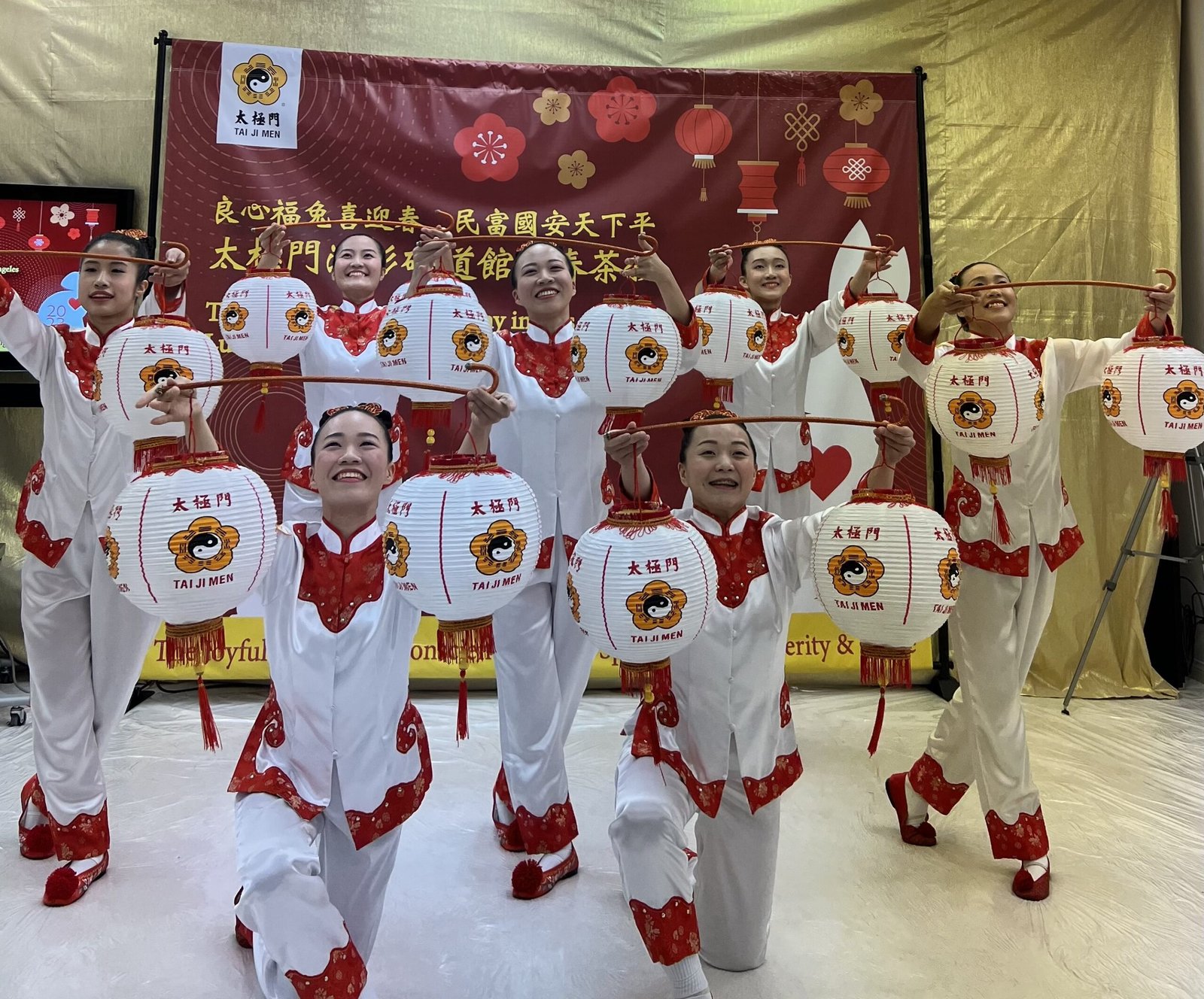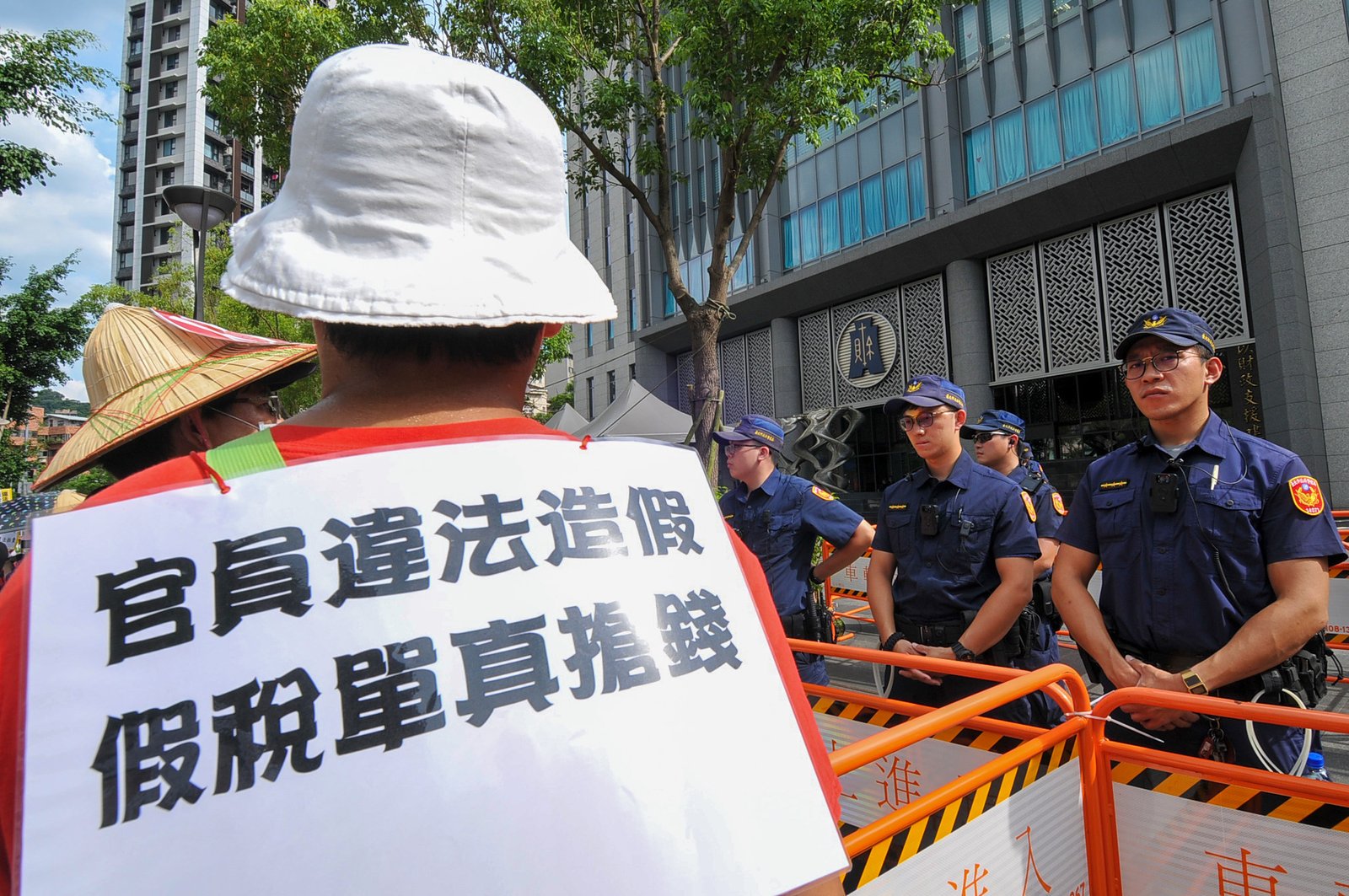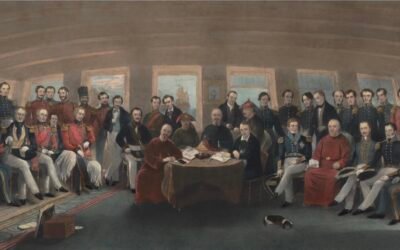Taiwan made the two United Nations covenants on human rights part of its domestic legislation. But is it respecting them?
by Bitter Winter
Article 1 of 5

The “Shadow Report 2025 on the Implementation of the International Covenant on Economic, Social and Cultural Rights” is a response to the fourth national report on implementing the International Covenant on Economic, Social and Cultural Rights (ICESCR) issued by the Taiwan government in August 2025.
Focusing on the practice of taxpayers’ human rights in Taiwan, this report aims to consolidate differing opinions between civil society and government organizations to address gaps in the fourth national report. The report is expected to provide a clearer picture of taxpayers’ human rights protection in Taiwan for international experts to review in 2026.
This report is co-authored by
- Association of World Citizens (Taiwan)
- Bitter Winter
- Chinese Association for Human Rights
- Research Center for Department of Financial and Economic Law, National Chung Cheng University, Taiwan (TBD)
- Taiwan Association for the Study of Finance Criminal Law (TBD)
- Tax and Legal Reform League
Article 2: Equal Rights
The State has violated the principle of non-discrimination/equality
- In Paragraphs 4-12, “Non-discrimination measures” of the national report on the ICESCR, statements on freedom and equality of religion and belief are missing.
- According to Article 2 of the ICESCR and Article 2, 26 of the ICCPR, the State must uphold the right to equality and non-discrimination, including ensuring all citizens are equal before the law. The state violates its non-discrimination obligation when its differential treatments are not based on a reasonable or objective standard or for a lawful purpose, hindering people’s equal rights to freedom.
- Case Study. In the Tai Ji Men tax case (see Appendix 1), the tax authority denied equal rights to a cultural group that practices qigong and martial arts and violated the principle of non-discrimination.
1.Tai Ji Men is a qigong, martial arts, and self-cultivation group
Tai Ji Men is an organization that promotes qigong, martial arts, and self-cultivation. It has been dedicated to advancing Chinese qigong and martial arts culture. Its goal is to promote the core of traditional Chinese culture and enhance people’s physical, mental, and spiritual well-being worldwide. It is registered as a member of the Chinese Martial Arts Association, the Chinese Qigong Association, Taipei Martial Arts Association, Taipei Taoism Association, and Chinese Taoism Association. Over the years, the Zhang-men-ren or Shifu (Grand Master) of Tai Ji Men has led his dizi (disciples) in participating in tens of thousands of cultural performances of qigong and martial arts in Taiwan and around the world for public welfare. The organization is committed to purifying people’s hearts through public service activities. It has visited 120 nations to promote a culture of love and peace. Tai Ji Men is not only a cultural organization but also a public welfare and spiritual organization.
(See “Four Taiwan Presidents Comment on Tai Ji Men’s Contributions to the Society”).

2.The tax authority issued tax bills without investigation
Dr. Hong Tao-Tze, the Zhang-men-ren of Tai Ji Men, founded the Tai Ji Men Qigong Academy in 1966. Over the past 59 years, the red envelopes given to the Grand Master have not faced any tax issues, except those during the six years (1991–1996) resulting from an indictment following a religious crackdown. Without any investigation or allowing the Grand Master to present his side, the National Taxation Bureau (NTB) treated the content of the “red envelopes” given by Tai Ji Men dizi to their Shifu as tuition for a cram school. They issued tax bills based on the prosecutor’s indictment and investigation information, which the court did not verify. After three criminal trials, the Supreme Court in 2007 confirmed that the Grand Master and other co-defendants were not guilty of fraud, tax evasion, or violating the tax law. However, the NTB still refused to cancel the tax bills.
3.None of Taiwan’s martial arts groups has been taxed due to the red envelopes (monetary gift)
In the Tai Ji Men tax case, the NTB has repeatedly broken the law. Among these violations, the unfair treatment of the red envelopes (monetary gifts) has caused significant criticism. In Chinese culture, giving red envelopes to the Shifu (master) is a tradition in martial arts or religious groups. Dizi (disciples) give these red envelopes to their Shifu to show gratitude and respect. The Chinese Martial Arts Association, the Chinese Qigong Association, and the Taipei Martial Arts Association have publicly stated that none of their martial arts groups has been taxed for receiving red envelopes from dizi. Additionally, no masters in Taiwan’s religious or self-cultivation groups have been taxed for receiving donations. According to the Ministry of Finance’s explanatory note from 1975, for example, church catechists accepting contributions from disciples are not subject to income tax. All these points demonstrate that the content of the red envelopes is a gift, not tuition income as the NTB has claimed.

4.The NTB gave Tai Ji Men discriminatory treatment
When the Taipei High Administrative Court held a hearing in 2005, the agent of the NTB admitted in court that no master of a martial arts group in Taiwan has ever been taxed for these gifts. The judge questioned why the NTB’s attitude was “unique” to Tai Ji Men. If the red envelopes that Tai Ji Men dizi give to their Shifu are taxable, then why are only six years of these envelopes taxable? And why are the other tens of thousands of martial arts and religious groups not subject to taxes? In the Tai Ji Men tax case, the NTB had no legitimate reasons for imposing the tax. Based on the indictment bill, the tax office only taxed Dr. Hong (Tai Ji Men’s Zhang-men-ren) for six years. No other martial arts or religious groups have been taxed. The tax decision violated the ICCPR, which requires reasonable and objective reasons for different treatment. It also goes against the core principles of equality and non-discrimination in the two international human rights covenants (Articles 2, 26 of the ICCPR, Article 2 of the ICESCR).
Specific Suggestions
Take prompt action in severe human rights violations, such as the Tai Ji Men tax case. The NTB has breached the fundamental obligations of the Two Covenants, which prohibit discrimination and safeguard equal rights. It should immediately revoke the unlawful tax bill, return the land to the group for self-cultivation, and cease infringing upon citizens’ rights.



